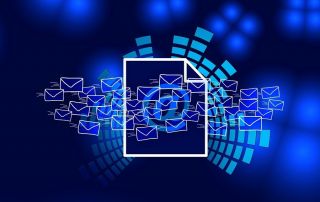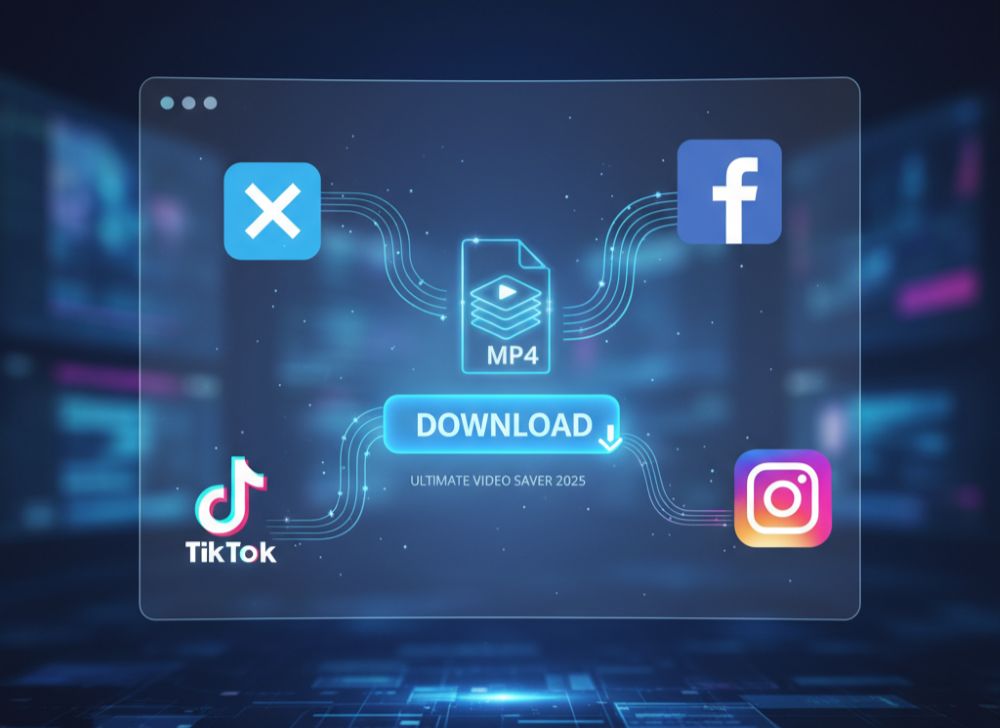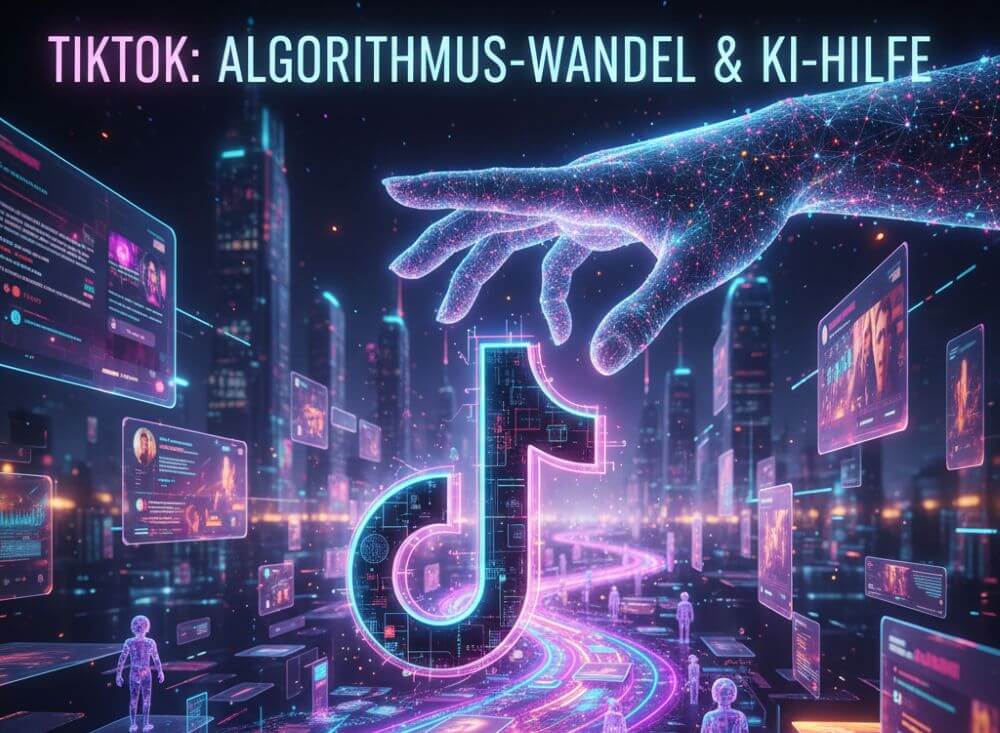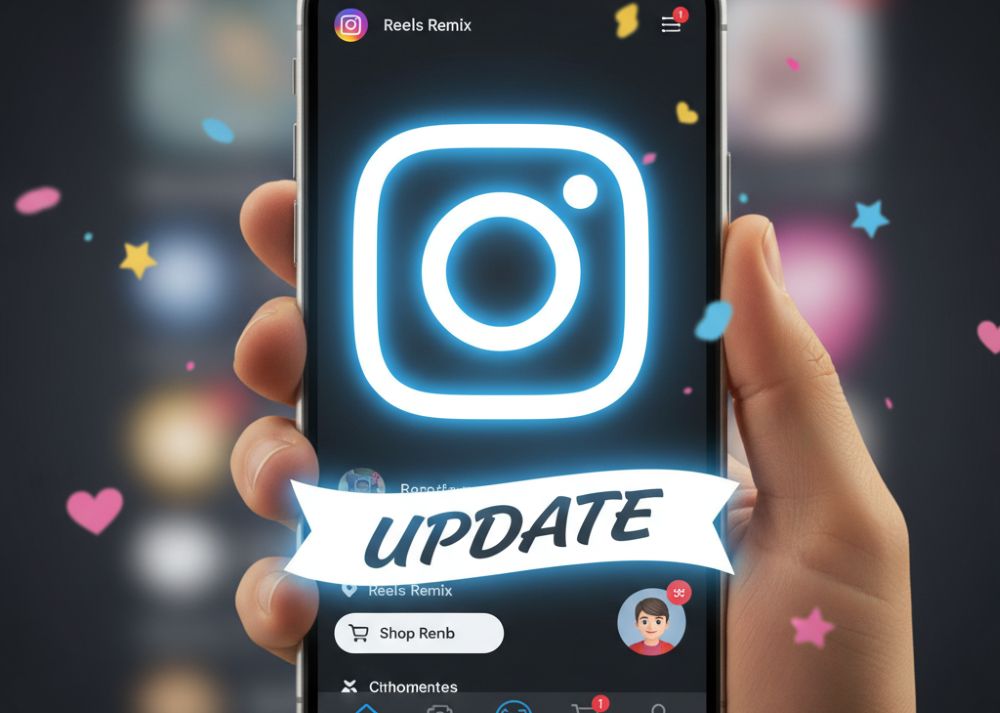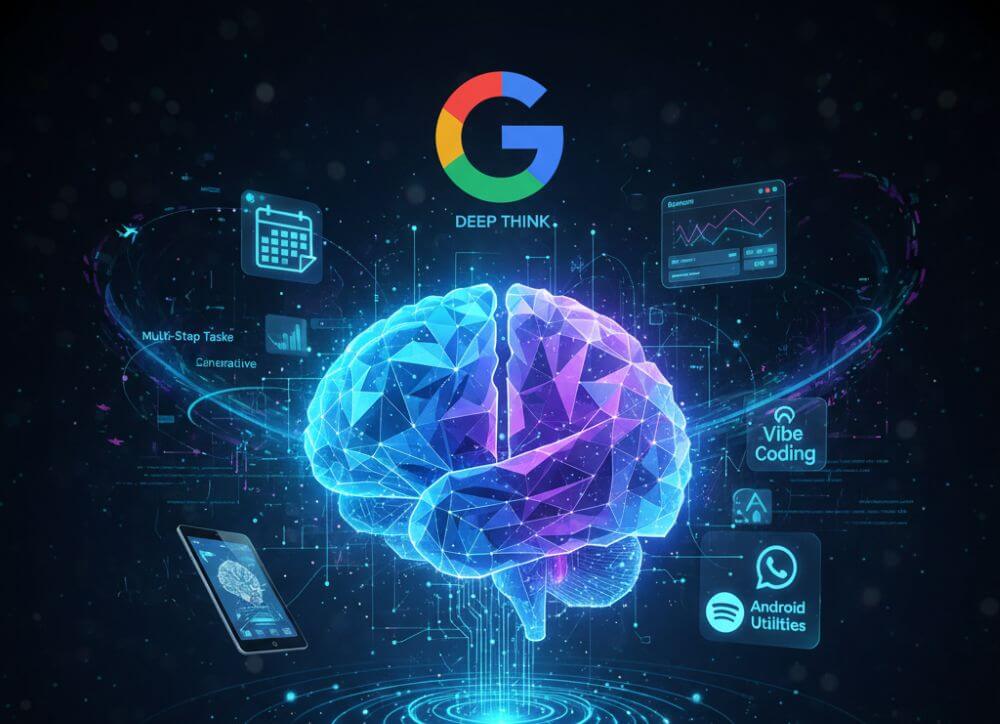Beyond ChatGPT: These AI tools you need to know
When someone says “AI” today, most people immediately think of ChatGPT. OpenAI’s chatbot has taken the world by storm, revolutionizing the way we write, brainstorm, and even program. But the world of artificial intelligence is vast and growing exponentially.
ChatGPT is a brilliant generalist, but for specific tasks, there are often specialized tools that are far more powerful, precise, or creative. Anyone who thinks they’ve seen it all with ChatGPT is missing out on the real revolution.
This article is your guide through the universe of AI tools beyond ChatGPT. We’ll show you the best alternatives and specialists for text creation, image generation, productivity, audio, video, and research.
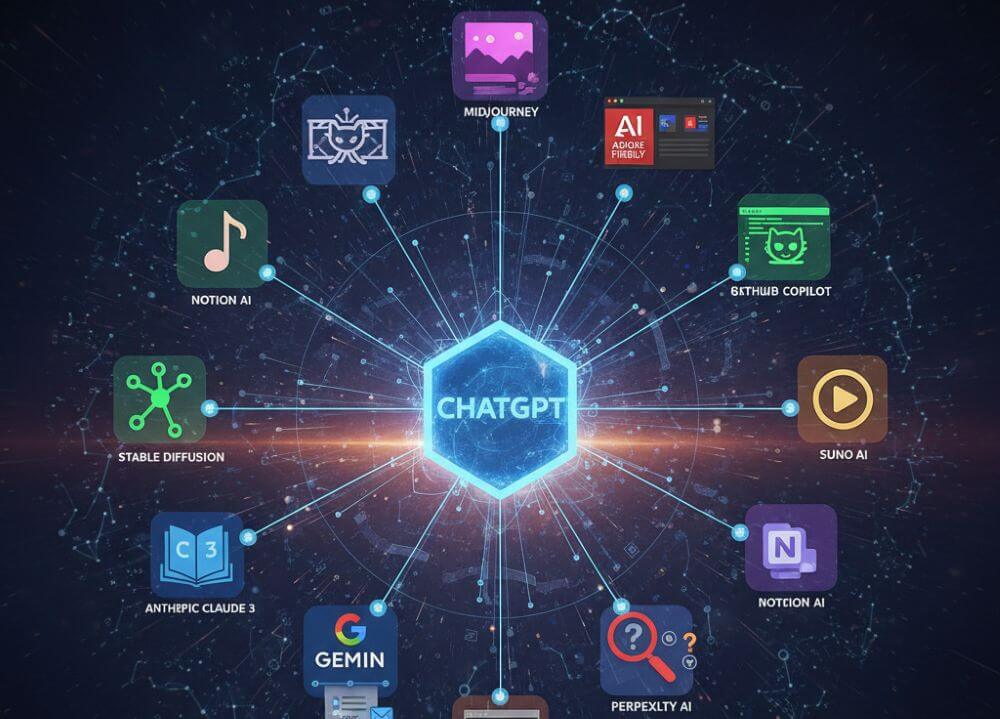
Creativity redefined: AI image and design generators
While DALL-E 3 (integrated into ChatGPT Plus) delivers impressive images, there are specialized platforms that often surpass it in terms of quality, style, and professional usability.
1. Midjourney
The undisputed king of photorealistic and artistically sophisticated image generation. Midjourney (currently primarily used via the Discord chat service) often produces hyperrealistic and aesthetically superior images.
Best use case: Creating concept art, photorealistic portraits, fantastic landscapes, or marketing images with a “wow factor.”
2. Adobe Firefly
Adobe’s answer to AI image generation, deeply integrated into the Creative Cloud (Photoshop, Illustrator). The key feature: Firefly was trained exclusively on licensed material (Adobe Stock) and is therefore commercially safe (no copyright issues).
Best use case: Professional designers who want to use AI features like “Generative Fill” in Photoshop or create vector graphics in Illustrator using text commands.
3. Stable Diffusion (e.g., via Stability AI or DreamStudio)
The open-source alternative. Stable Diffusion gives users ultimate control. It can be installed locally on your own computer, and there are thousands of user-defined models (checkpoints) trained on specific styles (e.g., modular style, anime, architecture, etc.).
Best use case: Developers, hobbyists, and creatives who need maximum control, specific styles (through training their own models), or privacy-compliant local installations.
AI Text Giants: More Than Just Chatting
ChatGPT is not the only Large Language Model (LLM) on the market. Competitors often offer unique advantages, whether in data freshness, processing long documents, or factual accuracy.
1. Anthropic Claude 3 (Opus, Sonnet, Haiku)
Currently, Claude 3 is arguably OpenAI’s strongest competitor. Claude 3 (especially its top model, Opus) often outperforms GPT-4 in benchmarks and is known for a more nuanced, “human” writing style.
Best use case: Processing extremely long documents. Claude can analyze, summarize, and answer questions about PDFs, books, or lengthy reports (up to 150,000 words) – a capability where ChatGPT quickly reaches its limits.
2. Google Gemini (formerly Bard)
Google’s direct competitor to ChatGPT, deeply integrated into the Google ecosystem (Gmail, Google Docs, Search).
Best use case: Tasks requiring real-time information from the web. While ChatGPT (with browsing) is often slower, Gemini pulls information directly from Google Search and can draft emails or plan trips based on real-time data.
3. Perplexity AI
An AI-powered answer engine, not just a chat app. Perplexity specializes in providing precise answers to questions, always citing its sources.
Best use case: research, fact-checking, and academic writing. If you need to know where the AI gets its information, Perplexity is unbeatable.
AI as a personal assistant
The true power of AI often lies not in the chat window, but in its seamless integration into the tools we use every day.
1. GitHub Copilot
- An AI programming assistant (based on OpenAI models) directly within your development environment (e.g., VS Code). Copilot analyzes your code and comments and suggests entire code blocks or functions.
- Best use case: Developers and programmers. It drastically speeds up the coding process and helps with debugging.
2. Notion AI
- An AI integration directly within the popular note-taking and knowledge management app Notion.
- Best use case: Knowledge workers who need to organize their notes. Notion AI can summarize meetings, create flowing text from bullet points, extract action items, or translate content—all within the same app.
3. Descript
- An AI tool for audio and video editing. The brilliant thing is: you can edit video and audio files simply by editing the transcribed text document.Best use case: podcasters and video creators. Filler words (like “uh”) are automatically detected and can be removed with a single click. You can even clone your voice to insert sentences later.
AI for Audio & Video
Content generation is no longer limited to text and images. The new tools for moving images and sound are revolutionary.
1. Runway (Gen-2)
One of the leading text-to-video generation tools. It can also magically transform existing videos using text commands (e.g., “Turn this city scene into a jungle landscape”).
Best use case: Short filmmakers, social media managers, and advertisers who need impressive video clips (B-roll) quickly without expensive filming.
2. ElevenLabs
The leading AI voice generation (text-to-speech) and voice cloning tool. The voices sound eerily realistic, emotional, and natural.
Best use case: Creating voice-overs for videos, audiobooks, or cloning your own voice for podcasts (e.g., to correct mistakes later).
3. Suno AI
An AI that generates complete songs. You enter a text prompt (e.g., “A pop song about a dog learning to surf”) and Suno creates the vocals, instrumentation, and lyrics.
Best use case: Musicians looking for inspiration or content creators who quickly need royalty-free background music or humorous songs for social media.
Conclusion: The right tool for the right task
ChatGPT has opened the door to AI for millions of people. But it’s just the door—not the whole palace.
The future of AI lies in specialization. While ChatGPT remains the “Swiss Army knife,” professionals and ambitious users will increasingly rely on specialized tools: Midjourney for art, Perplexity for research, Claude for document analysis, and GitHub Copilot for code.
The savvy user no longer asks, “Can ChatGPT do that?” The savvy user asks, “Which AI tool is best for this specific task?”
Beliebte Beiträge
Create a Word letter template with form fields
Create a professional DIN 5008 letter template with form fields and drop-down lists in Microsoft Word, and write letters as easily as you would fill out a form.
Protect Word documents from editing
Protect your documents in Microsoft Word from unauthorized editing or block access completely.
Show and remove duplicate entries in Excel | Tutorial
We explain how to remove duplicate entries from Excel. And also how you can only display duplicate entries in Excel but not delete them immediately in order to decide on a case-by-case basis.
Custom Formatting Excel – Number Format Codes Excel
We use a practical example to explain the importance and possible uses of custom formatting in Excel. Number format codes in Excel are not rocket science!
How to create a dynamic table in Excel
This is how you conveniently create a dynamic table in Excel and have it automatically carry out calculations.
Use macros correctly in Excel
Almost everyone has heard of the term "macro" in the context of Excel, and perhaps has shied away from it because it sounds like a rather complicated affair for which you have to deal with Excel programming.

